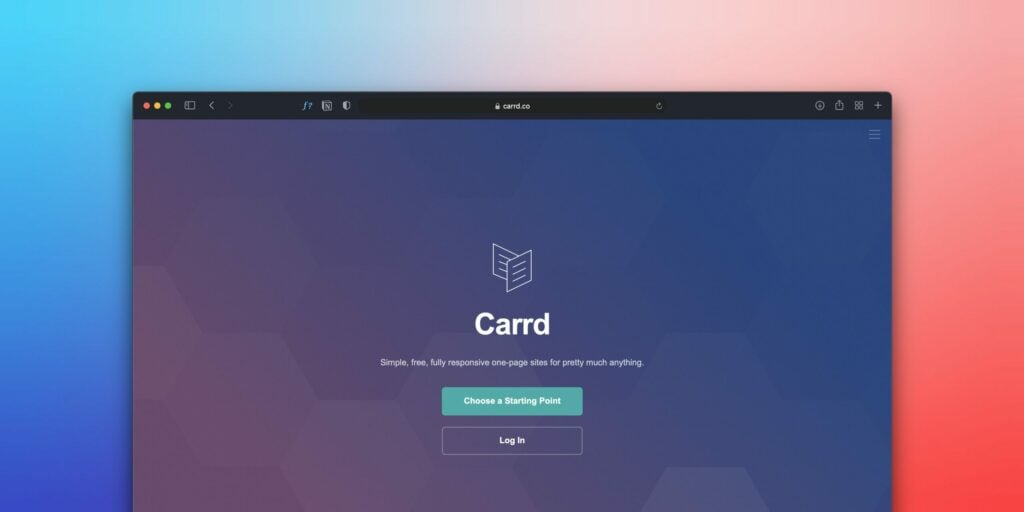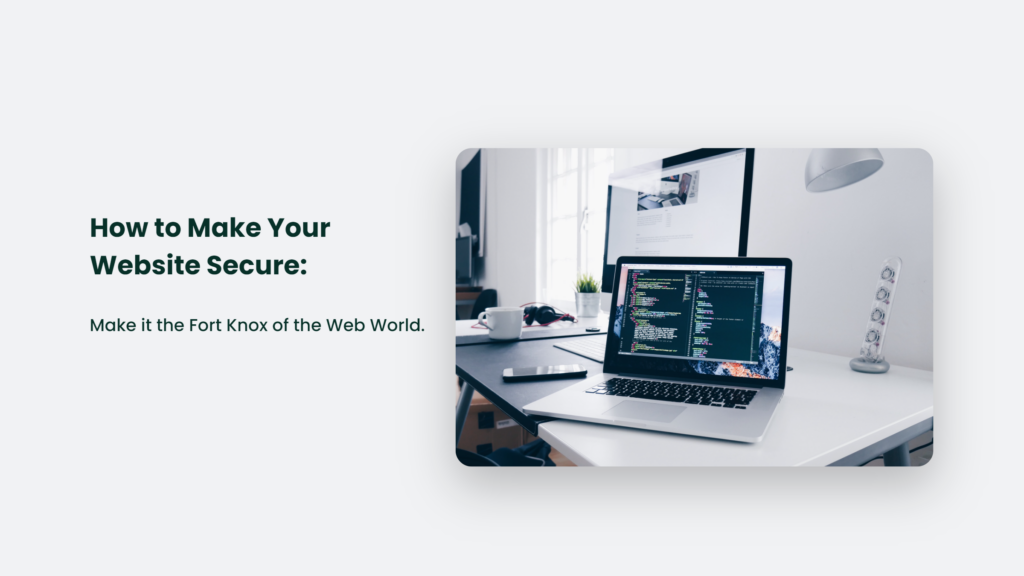

How to Make Your Website Secure: Make it the Fort Knox of the Web World.

As Seen On
The internet can be a dangerous place. With all the hackers, malware, and other digital baddies lurking in the shadows, keeping your website secure is no joke. One tiny crack in your armour and BOOM — your site gets pwned.
Not cool.
But have no fear! I’m here to show you how to lock down your website tighter than a nun’s chastity belt on prom night.

How to Make Your Website Secure:
Use Protection
Let’s start with the basics: get some protection. And by that, I mean install an SSL certificate so your site uses HTTPS.HTTPS encrypts all data between your site and visitors. So hackers can’t spy on what’s being sent back and forth. It’s like giving your website a digital condom. Sure, it won’t feel quite as good, but it keeps things nice and safe.
Most web hosts include SSL certificates these days. You can grab a free one from Let’s Encrypt if yours doesn’t. It takes a few minutes to set up.
Totally worth it.
Flip that HTTP switch to HTTPS in your settings, and bam — protection is enabled.
Update Yo’ Stuff
You know how annoying it is when your grandma asks you to update her ancient PC? And you gotta sit there waiting 45 minutes for Windows Vista (lol) to install 942 updates from the past decade?
Don’t be like grandma.
Keep your website software up-to-date. WordPress, plugins, themes — all that jazz. Developers constantly release security patches to fix vulnerabilities. So you wanna grab those updates ASAP before the black hats start poking around.
Most CMS platforms like WordPress can auto-update core software. However, plugins and themes often require manual updates. Don’t be lazy — spend a few minutes each month to update any out-of-date stuff.
Your future self will thank you after not getting hacked.
Use Strong-Ass Passwords
Let’s talk passwords.
Using crappy passwords like “123456” or “password” is like leaving your front door unlocked with a neon “Rob me!” sign on it. Asking for trouble.
You need strong passwords:
- At least 12 characters
- Mixed upper and lower case letters
- Numbers
- Special characters
So instead of “password”, go with something like “Th!s1s@Bad4ssPassword!”.Yeah, it’s a pain in the ass to remember and type. But it’s way more secure.
Also, use a unique password for every account. Password managers like LastPass make this easy.
And, of course, enable two-factor authentication wherever possible. Adds an extra layer of security when logging in.
Back That Thang Up
Imagine this: some joker hacks your site and deletes everything. Poof! Years of precious data are gone in an instant.
Horrifying, right?
Don’t let this happen to you. Back up your site regularly. Like weekly or even daily if you’re extra paranoid.
Most web hosts let you schedule automated backups. Or you can manually download and store backups locally or in the cloud. If anything bad ever happens, you can roll back to an earlier version ASAP. Disaster averted.
Use Protection Software
Antivirus software isn’t just for your PC. You need it for your website, too.
A web application firewall (WAF) acts like an antivirus for your site. It monitors traffic and blocks suspicious requests. It prevents common hacks like SQL injection or cross-site scripting.
Most web hosts offer some form of WAF in their plans. But you can also install your own as a WordPress plugin, like Wordfence. It gives you extra control over your site’s security.WAFs are your first line of defence. Use one.
Avoid Sketchy Links
You know those emails that promise you a larger penis or a Nigerian fortune? Total BS, right?
The same goes for sketchy links and files people send you. Don’t click that stuff.
Opening unknown links or files is asking for malware infection. And on your site, it could allow hackers access to steal data or take control.
Educate your team to avoid unknown links and attachments. And be cautious about what 3rd party resources you allow onto your site — embed only from trusted sources.
Limit User Access
The more people who can access your site’s backend, the more potential security holes. Limit access to only those who need it.
Give users the minimum permissions necessary—Disable old accounts from ex-employees. And use two-factor authentication for all logins.
Basically, keep your site locked down tighter than a CIA black site. Only allow VIPs.
Make Regular Backups
Imagine this: some joker hacks your site and deletes everything. Poof! Years of precious data are gone in an instant.
Horrifying, right?
Don’t let this happen to you. Back up your site regularly. Like weekly or even daily if you’re extra paranoid.
Most web hosts let you schedule automated backups. Or you can manually download and store backups locally or in the cloud. If anything bad ever happens, you can roll back to an earlier version ASAP. Disaster averted.
Stay Vigilant
Security is an ongoing process — you can’t just set it and forget it. You have to stay on your toes.
Regularly scan your site for malware or vulnerabilities. Watch for shady activity in your logs. Keep all software updated. Review users and permissions.
Basically, be proactive about security. Don’t let your guard down. Staying vigilant is key to keeping the baddies at bay.
Frequently Asked Questions:
What’s the #1 most important thing I can do to secure my site?
Use an SSL certificate and enable HTTPS. It encrypts all traffic to prevent snooping hacks. Non-negotiable.
Is my site ever 100% secure?
Unfortunately, no. But following these tips will get you 99% of the way there. Securing your website does take some work. But trust me, a little effort now saves you a huge headache later if your site gets hacked.
How often should I update plugins/themes?
At a minimum, monthly. But weekly or even daily is better to stay on top of vulnerabilities.
The Bottom Line:
Just follow these tips, and your website will be more locked down than Fort Knox. The hackers won’t stand a chance.
Now get out there and protect that digital booty! Your site will thank you
Konger
Up until working with Casey, we had only had poor to mediocre experiences outsourcing work to agencies. Casey & the team at CJ&CO are the exception to the rule.
Communication was beyond great, his understanding of our vision was phenomenal, and instead of needing babysitting like the other agencies we worked with, he was not only completely dependable but also gave us sound suggestions on how to get better results, at the risk of us not needing him for the initial job we requested (absolute gem).
This has truly been the first time we worked with someone outside of our business that quickly grasped our vision, and that I could completely forget about and would still deliver above expectations.
I honestly can't wait to work in many more projects together!
Disclaimer
*The information this blog provides is for general informational purposes only and is not intended as financial or professional advice. The information may not reflect current developments and may be changed or updated without notice. Any opinions expressed on this blog are the author’s own and do not necessarily reflect the views of the author’s employer or any other organization. You should not act or rely on any information contained in this blog without first seeking the advice of a professional. No representation or warranty, express or implied, is made as to the accuracy or completeness of the information contained in this blog. The author and affiliated parties assume no liability for any errors or omissions.

